Founded by pioneers under the watchful eyes of the Americans, Hokkaido in many ways is Japan’s new world, taking days to travel from Tokyo by ship. With a fusion of Western and Japanese influences, its craft beer and dairy products have won fans from around the world. For followers of more traditional fare like sashimi and sushi, its proximity to both the Pacific Ocean and the Sea of Japan ensures a constant supply of the freshest crab, octopus, and every kind of seafood imaginable.
These days, Australian adventurers in search of the freshest cuisine and snow powder can reach Hokkaido in less than 11 hours, courtesy of direct services from Sydney to Sapporo returning 15 December 2025 to 28 March 2026, subject to government and regulatory approval. Based on the Qantas press release, QF107 Sydney to Sapporo operates three times per week, departing on Monday, Wednesday and Saturday. in the morning from Sydney, returning the same day in the evening from Sapporo. This will cut traveling times by two hours to Japan’s winter festival capital city of Hokkaido.
Qantas also offers overnight flights from Sydney to Tokyo, allowing visitors the convenience of going to Sydney Airport straight after work in the evening and being able to ski or snowboard in Hokkaido the next day.
One of the best times to visit Northern Japan is in February and March. There is excellent snow cover, with fewer crowds after Chinese New Year and the Australian school holidays. Discover another side of Japan with some of the lesser-known festivals, such as the Koide International Snowball Fight, Asahikawa Winter Sculpture Festival, and the Yubari Fantastic Film Festival. A Japan Rail Pass is a great way to travel around Hokkaido and Honshu and to experience the marvel that is the Japanese rail system, with Shinkansen bullet trains now available from Shin-Hakodate to Aomori and Tokyo. Remember, this is the country where engineers and town planners spend their whole life making trains run even one minute faster. And even away from the bullet train, there are high-quality services and frequencies on the other trunk lines. Fancy a spontaneous day trip to Otaru, Asahikawa, or Niseko from Sapporo? Well with a rail pass this is even easier and more flexible.

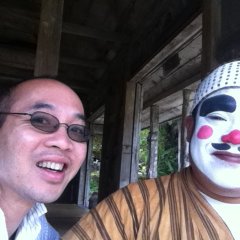
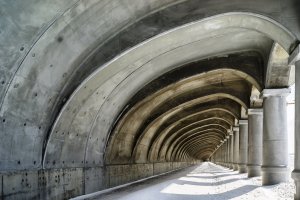
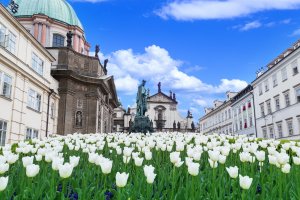
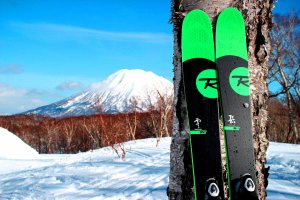
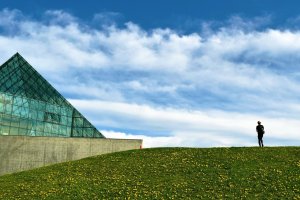
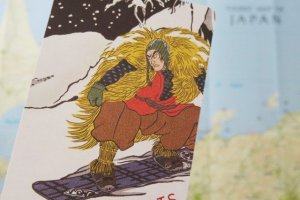
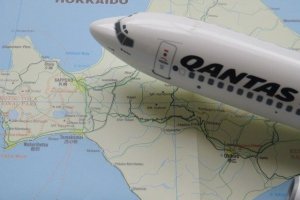




























September 4, 2019
Australia‘s Deputy Prime Minister and Minister for Infrastructure, Transport and Regional Development Michael McCormack welcomed (02-Sep-2019) the tripling of frequencies airlines can operate between Australia and Japan in an expanded air services agreement, which will “support the enduring tourism, trade and people-to-people links between our two countries”. The expanded arrangements allow for an additional two new return frequencies per day for Australian airlines and two for Japanese airlines.